The international education market, after facing the challenges posed by the pandemic, is experiencing an impressive renaissance. Data from the Brazilian Association of Exchange Agencies (Belta) reveals a notable growth of 18% compared to the pre-pandemic period.
This progress has been marked by the sending of more than 455 thousand Brazilian students abroad, consolidating a historic moment for the sector. This expansion is a testament to the resilience and continued importance of globalized education.
Diversification of destinations and programs
Traditionally dominated by destinations such as Canada, USA, Ireland, England and Australia, the exchange market is now witnessing a growing preference for new locations. Malta and Dubai, for example, are rapidly gaining ground.
Additionally, less explored destinations like South Africa are gaining attention again, driven by factors such as the availability of direct flights and financial accessibility.
Change in the profile of exchange students
An interesting trend that is emerging is the diversification in the profile of exchange students. In addition to the traditional young audience, we are seeing a significant increase in the participation of people over 50 and executives.
This change signals a new era in exchange, where lifelong learning and the development of professional skills are highly valued.
New approaches to language learning
In addition to English, languages such as Spanish, French and German are gaining popularity among Brazilian students.
This diverse interest reflects a change in the mindset of students, who are now seeking broader language skills to stand out in an increasingly globalized job market.
Financial challenges and innovative solutions
Despite growth and increasing popularity, international education still faces obstacles, mainly financial. The instability of the dollar and inflation have impacted students’ purchasing power.
However, agencies are responding with creative solutions, such as programmed exchange and multi-currency accounts, which allow for more efficient and secure financial planning.
The bright future of international education
With continued adaptation to global changes and student needs, this sector is positioning itself not only as a path to educational improvement, but also as a vehicle for enriching cultural experiences.
As we move into 2024 and beyond, this market is expected to continue to flourish, offering unprecedented opportunities for students around the world.
Therefore, I believe that next year will be very promising for the exchange market with very good opportunities for those who want to invest in this sector.

